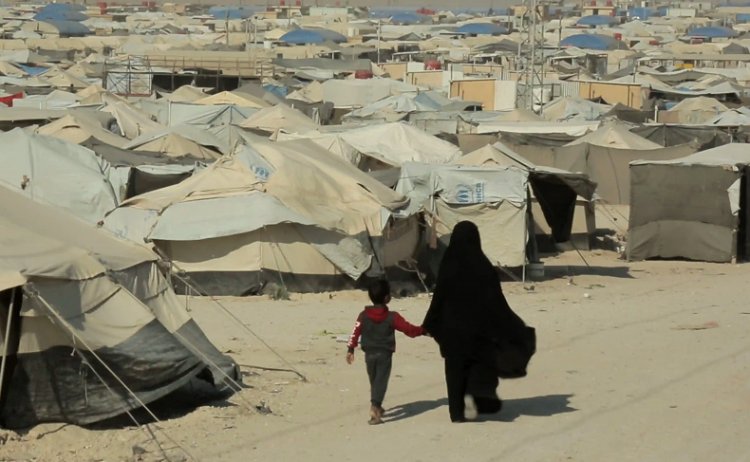12th March, 2024
Elena Vallejo
Team UN Geneva Researcher,
Global Human Rights Defence.
55th Session of the Human Rights Council: Report of the Special Rapporteur on the promotion and protection of human rights while countering terrorism.


12th March, 2024
Elena Vallejo
Team UN Geneva Researcher,
Global Human Rights Defence.
Comments